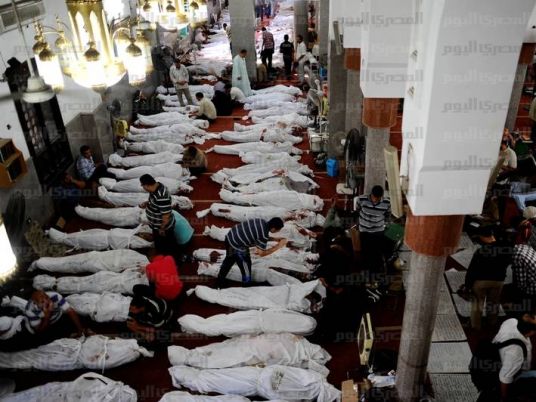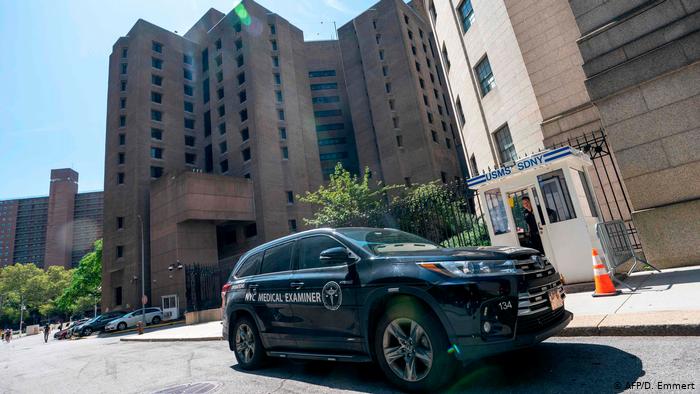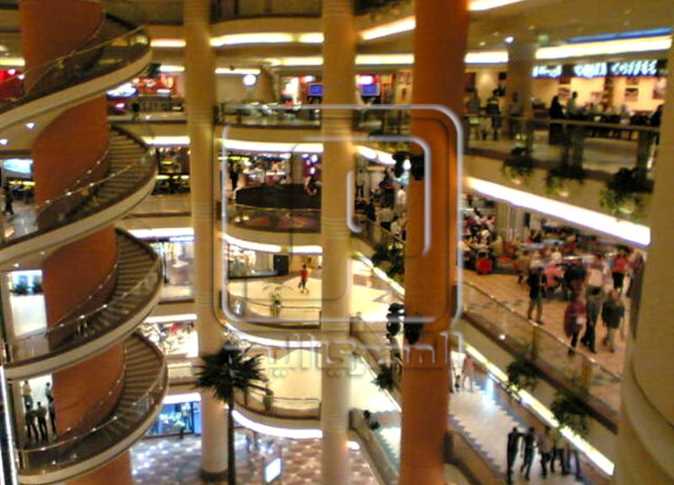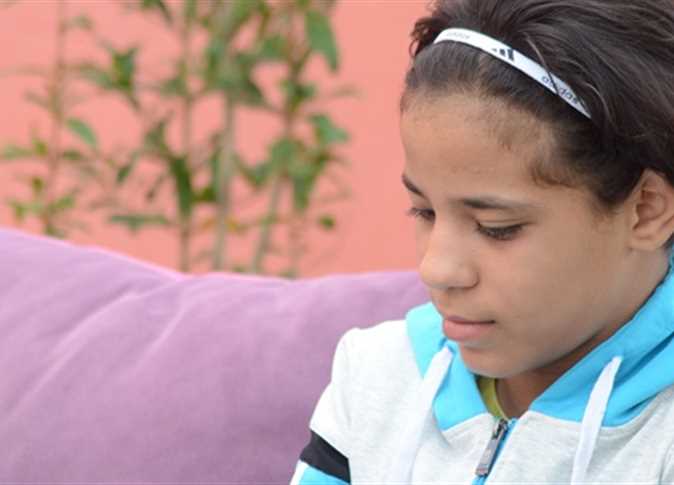
We like to say that we respect the dead. Perhaps, it is these values that give us the hope that when we die, our body will be respected, just as we respected those who came before us. If last month’s events at Zeinhom morgue are of any lesson to us, we must work a little harder.
Following the military’s bloody crackdown on Islamists in August, gruesome testimonies flowed in from relatives who waited in long queues to collect the bodies of loved ones at the Zeinhom morgue in Downtown Cairo, the Heath Ministry's main morgue.
Around 700 supporters of ousted President Mohamed Morsy were killed in the ensuing violence when military forces stormed Rabaa al-Adaweya and Nadha sit-ins. More deaths followed when military and pro-Sisi forces cracked down on protests at Ramses Square. “It was a massacre,” described one autopsy doctor, who was working at Zeinhom morgue when the clashes began.
Dr. Ahmed, who declined to release his real name for fear of professional reprisal, described how ambulance after ambulance delivered bodies of protesters with shotgun and rifle wounds to the Zeinhom morgue. It wasn't long before the morgue reached full capacity and “bodies were crowded over each other.”
Autopsy officials needed time to examine the hundreds of bodies and provide a certificate of death, but one thing was clear: there were too many bodies and not enough time or space to deal with them. “We have only two tables for autopsy. That's why we have been working on the floor, ” Dr. Ahmed explained.
Bodies were piling up so fast back at the Rabaa dispersal that the nearby Imam Mosque became a make-shift morgue. Witnesses, such as Dr. Mohamed Affan, say about 200 bodies were in the mosque by mid-afternoon, "almost all of them with gunshot wounds," he said.
“There are no forensic doctors here. [The bodies] were brought here because it was close to Rabaa square,” Afflan said, “so the bodies were transferred from the hospital [in Rabaa]. Of course, this is not correct. It's not clean, it’s not professional. ”
Although refrigeration trucks filled with additional bodies waited outside the Zeinhom in an attempt to relieve the pressure, the bodies soon had to be placed on the floors and hallways inside the morgue.
The scene at the local hospitals was also grim. “The hospitals didn't have refrigerators, they were full of people, ” said Mohamed Maheden, 26, mechanical engineer, whose brother-in-law was shot in the chest.
“We are trying to find freezers to accommodate these bodies. It’s not correct to keep them this way,” said Ismail Alexandrani, human rights observer for the Egyptian Center for Economic & Social Rights.
Dr. Ahmed explained that even if they had more refrigeration trucks, it would still not have been enough. “In order to stop decomposition, the bodies need to be frozen at negative 20 to 25 degrees. This requires liquid nitrogen and these trucks do not have this capacity,” he said.
At both the Zeinhom morgue and the Imam Mosque, family members and concerned onlookers began to put ice on the bodies, to stay the inevitable rot that would begin to consume the victims of the military crackdown. Witnesses described how the carpet in the mosque became wet with melted ice. Bystanders sprayed air freshener to alleviate the suffocating stench of cadavers awaiting autopsies.
With no place in the morgue and bodies subject to desecration, one would think these bodies could have gone to another place. Cairo is after all a large city. “We are trying to find hospitals to host these bodies until they are identified and legally reported,” said Alexandrani.
Despite there being other places in Cairo where autopsies can be performed, such as in most hospitals, Dr. Ahmed explained the Zeinhom morgue is the only morgue that is under the jurisdiction of the Ministry of Justice. Therefore, all deaths, with very few exceptions, that require investigation into their causes, such as the killing of protesters, must by law go to Zeinhom morgue.
Not only was the morgue unprepared for the influx of the dead, neither could it handle the living. As the supporters of the ousted president reacted to the violence, rumors soon began to spread about the inner workings of the morgue. One very damaging rumor, Dr. Ahmed explains, was that the autopsy doctors were writing on the death reports that the protesters had all died from suicide. “All of these are just rumors and big lies that are traveling all over Egypt. Reports have been written in front of relatives in previous cases. I'm talking about 700 cases the morgue has completed. People have been penetrating the morgue and surrounded bodies of relatives. We are working while people are watching us. It's simple evidence, we cannot write such things. ”
Following these rumors, visitors at the morgue grew violent. “We have already been attacked. Our glass as been broken in the events,” he said. “Me in person, my colleagues also, some of us have been beaten. Our employers that document the cases have been beaten, have been harassed and have been pushed. I have been punched in the face. I have been slapped. We do see such regular things.”
In such a hostile working environment, Dr. Ahmed says there has been no security to quell the angry visitors. “We had a great problem securing the morgue. There’s no police or military protecting the morgue or preventing people from entering the morgue. There’s a big problem and no help. They’ve been telling us, ‘What can we do for you? We cannot even protect ourselves.’”
Although the causes of the infrastructural failure at Zeinhom Morgue deserve investigation, the circumstances surrounding the case make the accusations railed against the morgue seem rather unsurprising: mismanaged, under-staffed and under-funded.
Egypt Independent attempted on multiple occasions to reach the office of Head of Forensics Magda Hilal for a clearer perspective, but her office declined to comment due to the sensitivity of the situation.
Since the morgue is under the umbrella of Egypt’s Ministry of Justice, employees of the morgue are subject to the bureaucracy of the higher-ups. “The main issues is you can't [make] your decision [on] your own. You have to reserve it [for] the Ministry of Justice. You are under their mercy. They either give you the money or they delay [it]. They don’t give the facilities you need,” Dr. Ahmed said.
He stressed that the heart of the morgue’s problems is that it is a victim of the “misery of the system.” “We need more room, better equipment, better techniques. No one is listening. The head of the department is changing every now and then. The head of the Ministry of Justice is changing. That’s why we take so long to make a decision.
“Every minister comes with new ideas and starts work from zero. They usually change the head of Forensic Authority. That’s why it’s a great problem to [make] such decisions and to make decisions in such short time. [This is] the bureaucracy to make a decision in the Egyptian government. ”
Dr. Ahmed hoped that if somehow the Forensic Authority was given more independence and a bigger budget, it could tackle some of the shortfalls of the bureaucracy. Among the most helpful fixes to the problem, he said would be hiring more staff and providing better training. “The first is the forensic pathologists and technicians. They are both very few in Egypt. We are all about 70 pathologists working on 85 million people. That’s due to the lack of money present. This is the main cause.”
Dr. Ahmed cited how technicians do not have the training to deal with and prevent the spread blood-borne diseases, which are the main worry when dealing with bodies. Diseases like HIV, Hepatitis C, as well as some skin diseases. “They just wear gloves and gowns, but the gloves can tear easily, exposing them to contagions,” he said.
He also suggested expanding the morgue. “Our morgue, in general, we receive cases from both Cairo and Giza, [and yet] it’s somehow a small morgue.”
Dr. Ahmed stressed the importance of improving security at the morgue as well, to deal with relatives entering the morgue. “They should never attend the autopsy of cases. We are working under such pressure and such circumstances. People are saying, ‘Please don’t open here. Please don't extend there. Please don't do that.’ People may be harassing you, pushing you. These are not circumstances to work in… Even in normal days, people have been coming into our morgue. That’s why we have to deal with people to understand. We are doing it for the right of their dead bodies. Not everyone can understand why we perform such an autopsy,” he said.
When asked if the morgue would ever be prepared for any other disaster of a similar size in the future, such as a natural disaster or another attack on civilians, Dr. Ahmed confidently responded. “It would not be prepared. The main problem is we are not prepared for disasters happening. They need special preparations and more techniques that we lack. Every problem and every disaster will be the same since the 25th of January 2011 and our place is not enough for people.”




